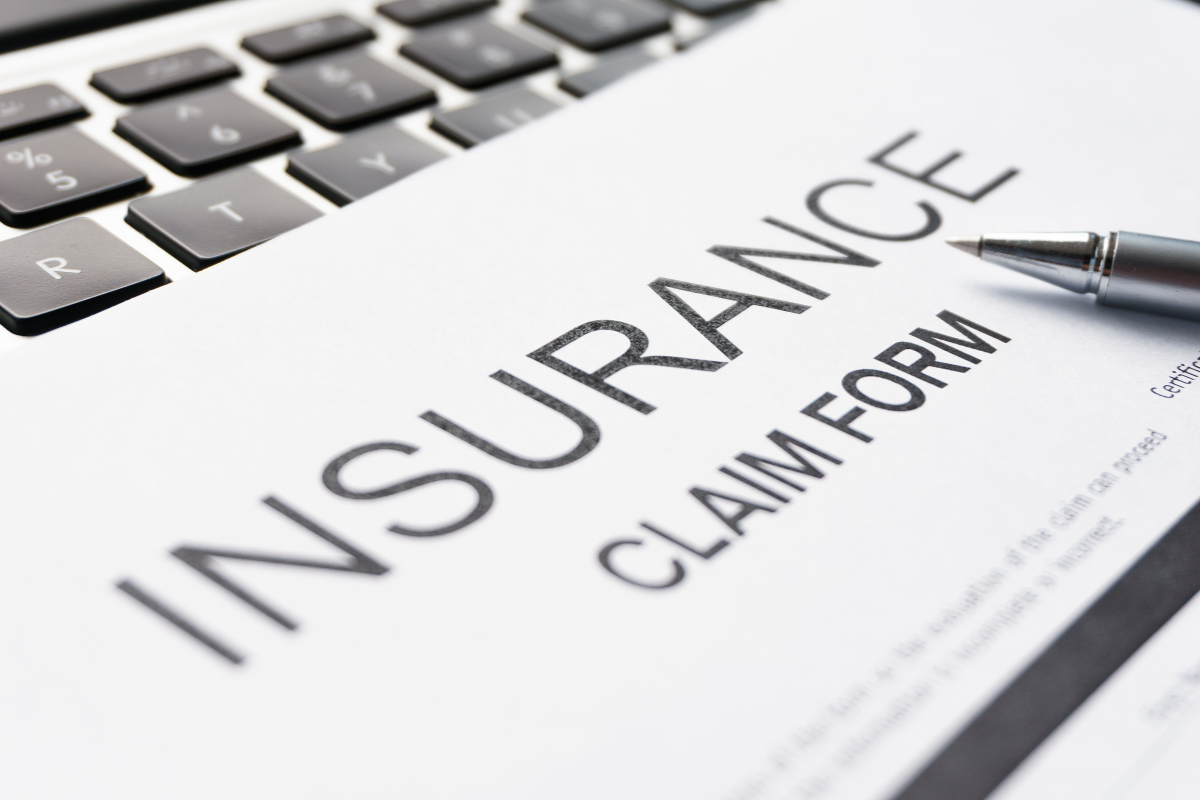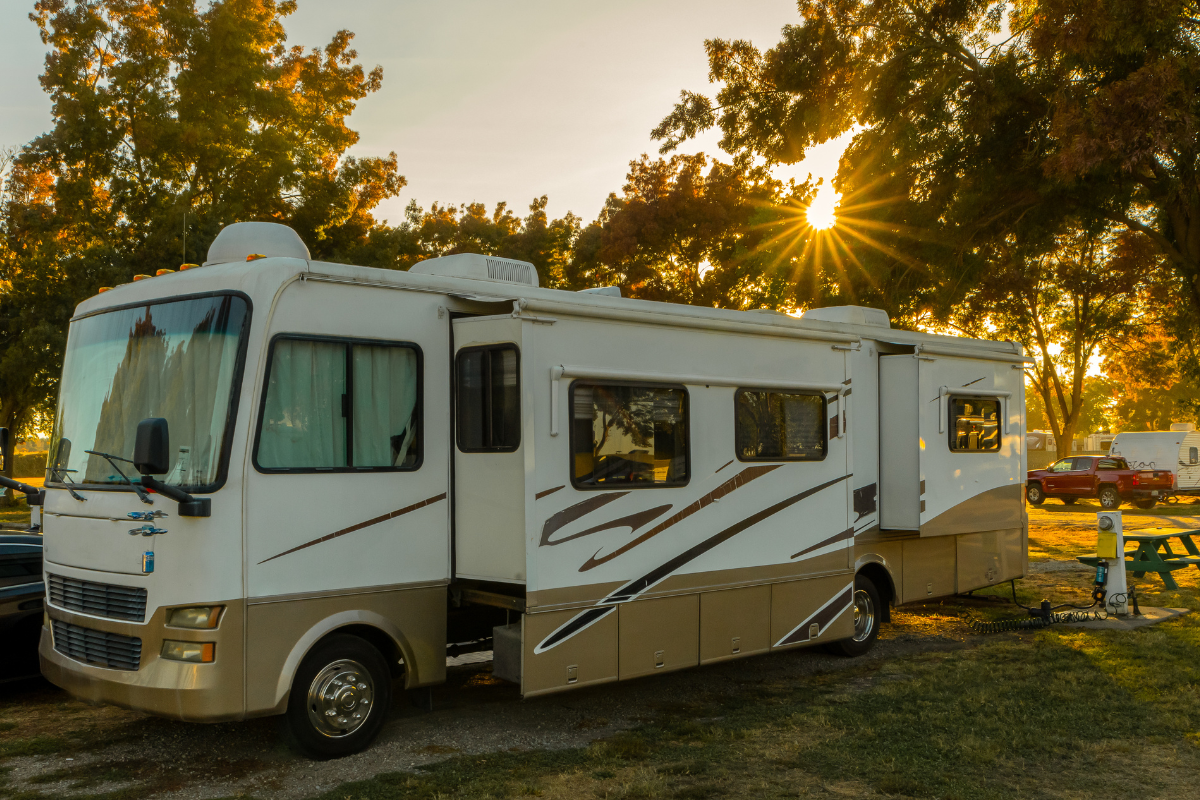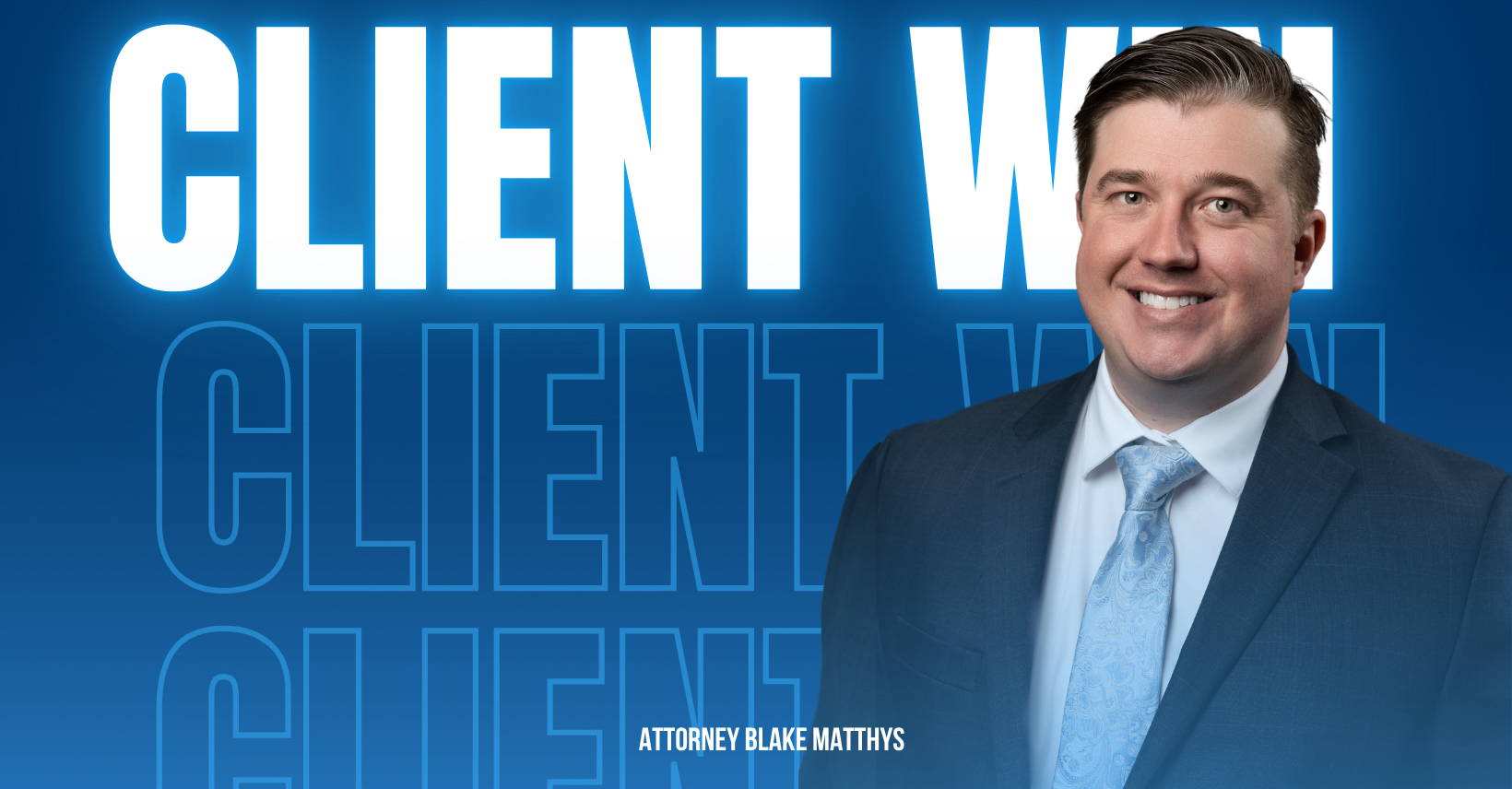We’ve heard it a million times; the only two things we can’t escape are death and taxes. Neither of these inevitables is enjoyable to think about, but while Tax Day is expected every April 15, death can happen unexpectedly. We know that it’s a grim thought, but we can’t stress enough how important it is important to have a plan in place. Planning ahead will do more than put you and your family at ease, it will ensure that your wishes are carried out after you’re gone.
Estate planning should not be seen as an age-specific project. Baby boomers aren’t the only ones who should be concerned about putting an estate plan into place. Younger generations should understand the importance of estate planning too. Generation X and Millenials have begun to purchase large assets like homes and cars. Anyone who has children or possessions of any kind needs to take action on estate planning now.
In order to maintain a piece of mind, estate planning should be a priority. Estate planning is essential across generations because without a plan, your loved ones could be thrown into chaos.
What is estate planning?
Estate planning is making a plan in advance and naming who or what you want to receive the things you own after you die. No matter how much or how little you have, your belongings will be divided amongst your loved ones whether you plan for it or not. You can either allow state laws or judge decide what happens to your things, or you can take control of your wishes. Taking action will ensure your family will be taken care of while honoring your last wishes.
What happens without an estate plan?
When someone dies before creating a will, they die Intestate. Since an executor hasn’t been named, the state will choose someone they feel are eligible to fill the role. If not, the role will be filled through probate court. Commonly, a surviving spouse or adult child will oversee the estate is handled in a way that the deceased would have wished.
Legal documents everyone should have
There is no such thing as being too old or too young to begin the estate planning process. There are a few essential documents that will leave you at peace after passing.
Last Will and Testament
One of the most important documents in estate planning. A Last Will and Testament provides details of how an individual’s belongings will be divided, who will be receiving the belongings and when they will be receiving them. Typically, the will names an executor, a person nominated by the decedent to serve as the administrator of the decedent’s estate. The will enters the probate process when the executor presents the document to a county court.
Most importantly, if you have minor children your will should include who will take guardianship of your children.
Living Will
A living will may also be referred to as an “advance directive”. A living will illustrates what someone would like to happen to themselves for end-of-life medical care. This document lets people chose their wishes for medical care, in the event that they are unable to communicate themselves.Living wills are applicable only in near-death situations.. A living will can cover a number of different medical situations, such as:
- Do-not-resuscitate (DNR) order.
- If you do/do not wish to be put on a ventilator.
- Medical wishes in the event of a coma.
It’s important to know that living wills can be updated at any time.
Health Care Power of Attorney (HCPOA)
Health Care Power of Attorney, also known as medical power of attorney, is a document that designates another person to make medical decisions while a person is unable to make those decisions on their own. This document gives your HCPOA the ability to consent or refuse treatments or procedures, as well as consent to the withdrawal of medical care.
Durable Financial Power of Attorney
Financial Power of Attorney is a document that authorizes someone to control your financial matters if you are unable or deceased. However, the agent named to oversee your finances is legally obligated to make financial decisions that are consistent with your own.
There are several other documents a person can have to ensure their wishes in the event of an unexpected death.
What is probate?
The final step in the estate planning process doesn’t actually occur until you die. Probate is the process of allocating your property to the intended beneficiary after you die. To begin the probate of your estate, the executor must validate your will in court. From there, the executor will pay any taxes or debts that your estate may owe before distributing property to the beneficiaries.
How The Carlson Law Firm can help
It’s never too late or too early to begin planning your estate. We have a team of experienced, dedicated Texas estate planning attorneys who have nothing but your best interests in mind. Our compassionate attorneys know the importance of estate planning. In addition, we understand the difficult process of probating a will after a loved one passes.
Contact us today for a free case evaluation, or to schedule an appointment with an estate planning attorney.





